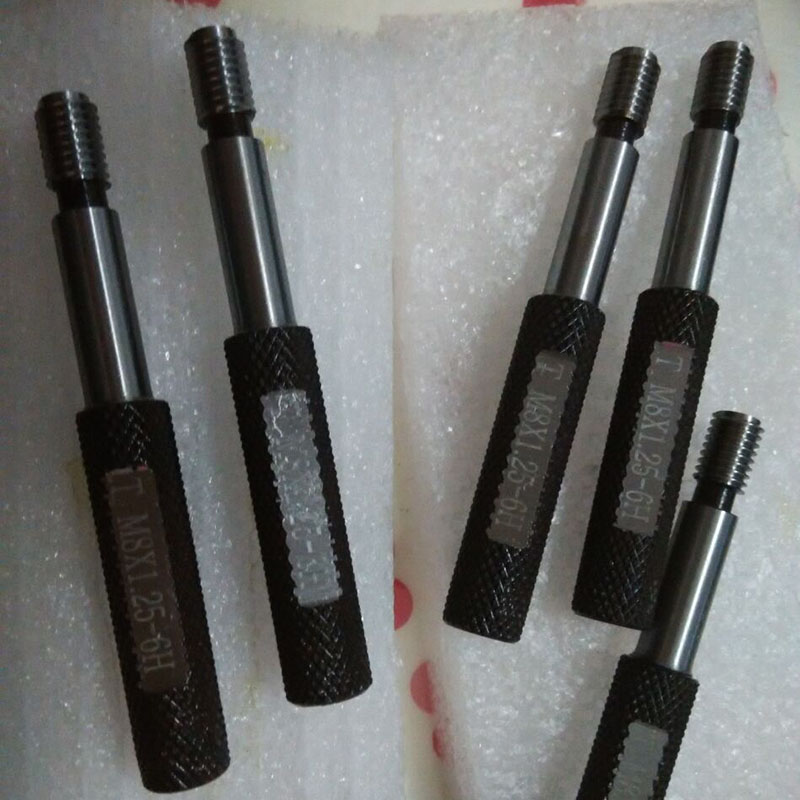កញ្ញា . 28, 2024 23:42 Back to list
Exploring the Importance and Functionality of Water Control Valves
Understanding Water Valves An Essential Component in Fluid Control
Water valves play a crucial role in the management and control of water flow in various systems, including residential plumbing, industrial applications, and irrigation. These devices are integral to the efficient distribution of water and are essential for ensuring safety, conservation, and operational efficiency. In this article, we will explore the different types of water valves, their functions, and their significance in various applications.
What Are Water Valves?
A water valve is a mechanical device that regulates the flow of water in a system
. It can either allow or restrict the movement of water by opening, closing, or partially obstructing the flow pathway. The operation of water valves can be manual or automatic, depending on the design and intended use. They come in various shapes, sizes, and materials, with each type suited to specific applications and conditions.Types of Water Valves
1. Gate Valves Gate valves are widely used in situations where a straight-line flow of water and minimum restriction is desired. They operate by lifting a gate out of the path of the water, allowing for efficient flow. However, they are not suitable for throttling, as they should either be fully open or fully closed.
2. Globe Valves These valves are designed for throttling purposes and are often used in systems where the flow needs to be controlled. Globe valves have a spherical body and offer excellent flow regulation due to their unique design.
3. Ball Valves Known for their durability and reliability, ball valves use a spherical ball to control flow. They provide excellent sealing capabilities, making them ideal for applications requiring tight shut-off. Ball valves can be operated manually or automatically and are suitable for both low and high-pressure systems.
4. Check Valves Check valves are essential for preventing backflow in plumbing and industrial applications. They allow water to flow in one direction and automatically close when there is a reverse flow, protecting systems from potential damage.
water valves

5. Butterfly Valves These valves consist of a rotating disk that regulates flow. Butterfly valves are lightweight and compact, making them suitable for large-diameter pipes and various industrial applications. They offer quick operation and are often used in HVAC systems, fire protection, and water treatment plants.
The Importance of Water Valves
Water valves are essential for several reasons
- Water Conservation Efficiently controlling water flow helps in minimizing wastage, ensuring that water resources are used judiciously.
- Safety In industrial settings, valves are crucial for maintaining safe operating conditions by controlling pressure and preventing leaks or bursts in pipelines.
- System Integrity Valves help maintain the integrity of plumbing and distribution systems by preventing backflow, contaminant ingress, and pressure fluctuations.
- Operational Efficiency Properly functioning valves enhance the overall efficiency of water systems, leading to reduced energy consumption and lower operational costs.
Conclusion
Water valves are indispensable components in water management systems, serving various functions that go beyond mere flow control. Understanding the different types of water valves and their applications can help in selecting the right valve for specific needs. Proper maintenance and regular inspections of these valves can significantly enhance their lifespan and reliability. Whether in a home, an industrial plant, or an agricultural setting, investing in quality water valves is paramount for effective fluid control and resource conservation.
-
Plug Gauge Calibration Techniques for Precision ManufacturingNewsJun.24,2025
-
Metal Valve Recycling and SustainabilityNewsJun.24,2025
-
Cast Iron Y Strainer Benefits in High-Temperature ApplicationsNewsJun.24,2025
-
Cast Iron Welding Tables for Blacksmithing ProjectsNewsJun.24,2025
-
Technical Elucidation of Threaded Ring GaugesNewsJun.23,2025
-
Snap Gauge Critical Tool for Industrial Precision MeasurementNewsJun.23,2025
Related PRODUCTS









